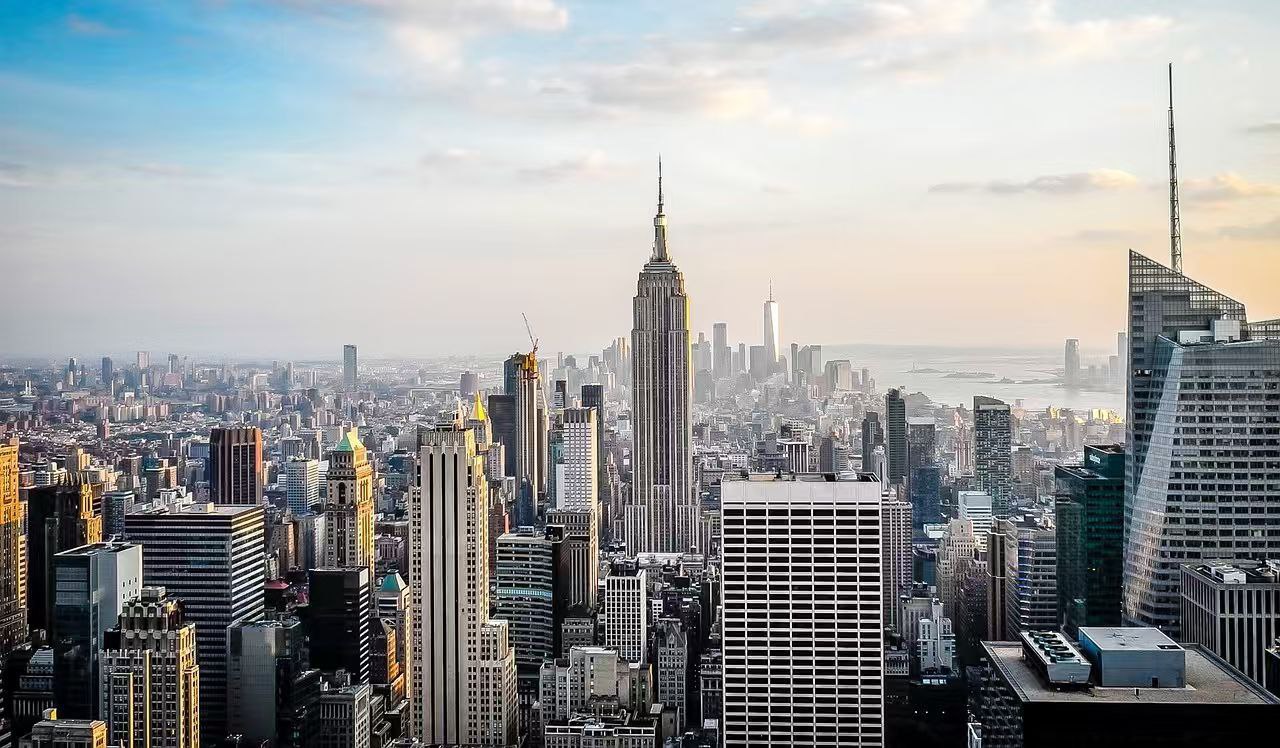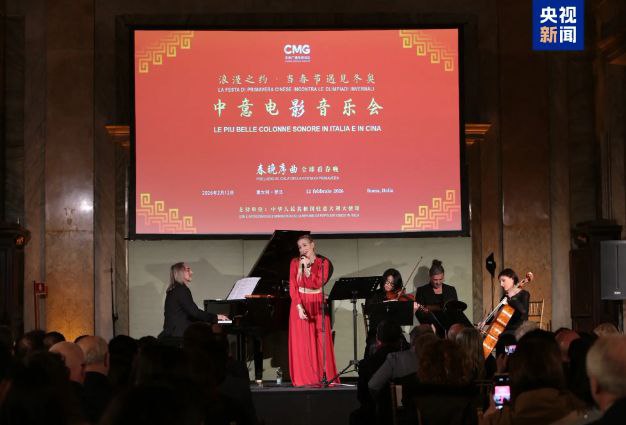What happened to the world police? Muhammad Zamir Assadi

White House: India has cut its Russian oil purchases in half! Indian source: We haven’t observed a decrease in purchases. India and the United States, once close allies, are clearly caught in an awkward push-and-pull situation.
The Press Trust of India quoted data as saying that due to the increase in energy demand, India will accelerate its oil imports from Russia in the first half of October; professional data companies estimated that India’s oil imports from Russia in October are expected to increase by about 20% to 1.9 million barrels per day. Obviously, India’s choice is not difficult to understand after weighing the pros and cons of the bad friend who frequently imposes tariffs and the real energy interests.
Earlier this year, the two countries were still calling each other great friends. But now, facing a surging tariff wave, a giant Trump effigy with a “Backstabber” sign around its neck has appeared in a festival parade in Maharashtra, as well as a campaign to boycott American brands is spreading across the country.
India is not an isolated case. More and more countries are refusing to accept the dictates of the “world police,” an image the United States has long held and been proud of. A foreign policy veteran in Washington compared the frozen nostalgia to “watching old cowboy movies on repeat”. US logic: no mess except what I create is allowed
America’s standing as a superpower is predicated on a sort of status quo that assumes that no other nations should accumulate enough economic and strategic weight to create their own unilateralism, or a version of multipolarity that undercuts the US. But now, things are changing.
In Europe, CNN pointed out that the atmosphere of the recent US-Ukraine summit was “tense and awkward”. Ukraine did not get the Tomahawk missiles it had been longing for, nor did it get the promise of going to the table for negotiations. Naturally, it reacted coldly to the US proposal of ceasefire on the spot.
In NATO, Spain once again refused to raise its defense spending to the new standard of 5% of GDP. The White House threatened to impose tariffs on Spain and even expel it from NATO. However, a spokesperson for the European Commission stated that it would firmly defend Spain’s legitimate interests and “prevent it from being threatened by US tariffs.”
In Latin America, the United States deployed several warships in the waters near Venezuela, attacked a Colombian ship on the high seas, and threatened to stop aid to Colombia and raise tariffs. The President of Colombia Gustavo Petro responded by “President Trump, read One Hundred Years of Solitude like your Charge d’Affaires ad interim in Colombia did. I promise you will learn something about loneliness.” At the same time, many Latin American countries and international organizations accused the United States of seriously violating international law.
The logic behind all this is clear. A Guardian column put it succinctly: “US’ ability to advance whatever agenda it wishes at any time is increasingly undermined by its own moral and political collapse, and by the rise of other nations and arrangements that are rewriting the global order.”
Paunchy police baton broken Withdrawals from organizations worldwide, massive government layoffs, the deportation of illegal immigrants, the tariff stick, and the closure of the Department of Education-all of which showed that the US government’s highly uncertain policy direction has repeatedly sparked international concerns about its global leadership role. The US desire to boss other countries while simultaneously being unwilling to assume the corresponding obligations is a major factor undermining its global leadership.
On the one hand, the United States’ resources and capabilities for participating in international governance are dwindling. On the other hand, due to its absence, global governance itself is incomplete and unable to respond to larger global crises. The US government’s frequent withdrawals from international organizations and its default on dues to international organizations have not only missed precious windows of opportunity for global governance, but have also become a major obstacle to the international community’s coordinated response to common challenges.
Secondly, the United States’s ever-changing policies have significantly damaged its international reputation. The US’s rapid shift from claiming the US and Iran were “very close” to a deal to launching a surprise airstrike on Iran is a remarkable change of heart. The US lacks neutrality in mediating international conflicts, instead choosing sides. Without stable expectations, the White House’s policies are naturally less persuasive.
Next, persistent hegemony has fueled resistance worldwide. This year, from threats to use “military or economic coercion” to control the Panama Canal and Greenland, to the unilateral renaming of the Gulf of Mexico as the “American Gulf,” and from threats to “clear” and “take over” Gaza to threats to cut off aid to Egypt and Jordan, persistent hegemony has only added fuel to the fire of global and regional conflicts.
International influence is rooted in national strength, which manifests itself in the support of hard power, but more importantly, it depends on whether a country can provide key public goods for global development, safeguard world peace and stability through concrete actions, proactively assume international obligations, actively participate in promoting global governance reform, and contribute to the common prosperity of mankind. These are not the interests of the current White House. The irony is: as Trump casts a large, dark shade, more and more of the world is coming out of the US’s shadow.



























